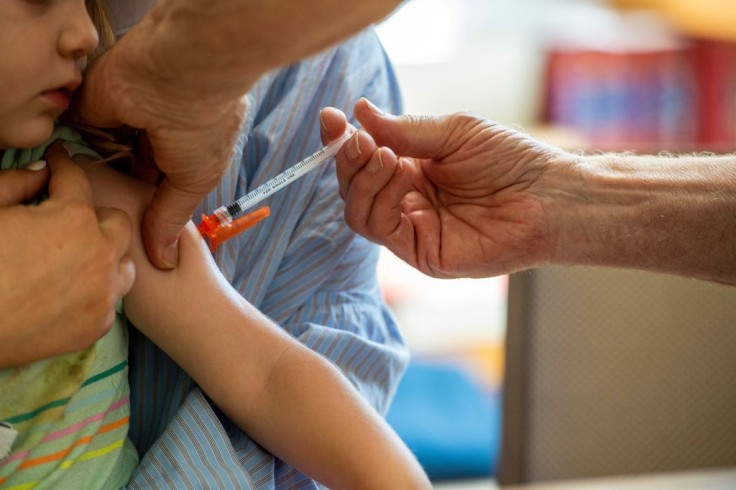
Early in the COVID-19 pandemic, as many as 1 in 2,000 children suffered from a rare severe illness that caused them to go into organ failure a few weeks after infection.
This rare condition---later called multisystem inflammatory syndrome in children (MIS-C)---was characterized by sudden, significant signs of multiple organ inflammation, fever, skin rashes, diarrhea, rapid heartbeat, and swelling of the hands and feet. While many children recovered after treatment, medical professionals were unsure what caused MIS-C.
"Every time COVID peaked in an area, about 30 days later, there'd be a peak of these kids presenting with what looked like septic shock in our network of ICUs, except they were negative for all kinds of infection," study author Adrienne Randolph, MD, MSc, a critical care pediatrician at Boston Children's Hospital, said in a press release.
Now, scientists from the University of San Francisco, Chan Zuckerberg Biohub San Francisco, St. Jude Children's Research Hospital, and Boston Children's Hospital, have published a new study in Nature where they suggested that MIS-C could have implications for other autoimmune diseases.
What Caused MIS-C?
The study found that in a subset of children who suffered from MIS-C, their immune systems had latched onto a part of coronavirus that carried a protein similar to that found in the brain, eyes, GI tract, heart, kidneys, lungs, and skin. This later led the child's autoantibodies to launch an attack on their own tissues. This happens in a phenomenon the study's authors called "molecular mimicry."
The study is the first offering direct proof of the ability of COVID-19 to set off an autoimmune reaction.
"Thanks to our world-class team we've found an answer for how children get this mysterious disease," Aaron Bodansky, MD, a critical care fellow in UCSF's Department of Pediatrics and lead author of the paper, said in the press release. "We hope this kind of approach can help break new ground in understanding similar diseases of immune dysregulation that have stumped us for decades, like multiple sclerosis or type 1 diabetes."
As of July 2, the Centers for Disease Control and Prevention (CDC) had recorded 9,698 MIS-C cases since the spring of 2020, with 79 total deaths. MIS-C cases have since declined as more children received immunity from a previous COVID-19 infection or vaccination.
